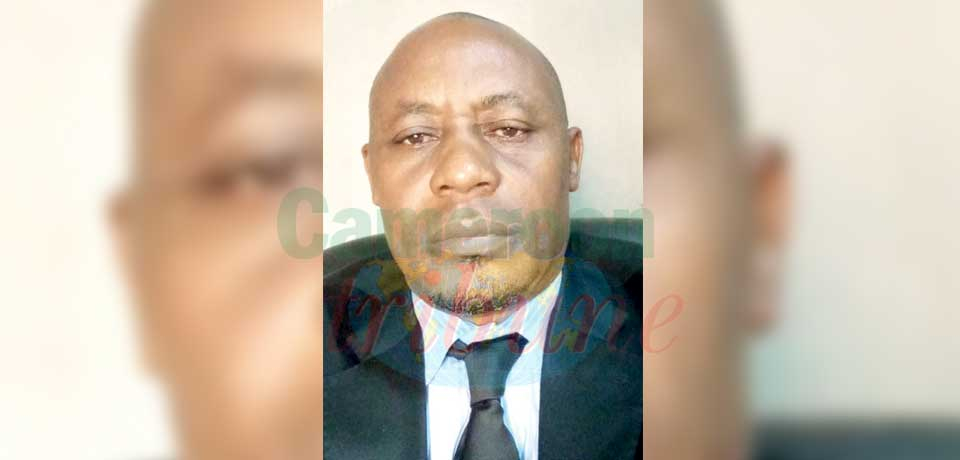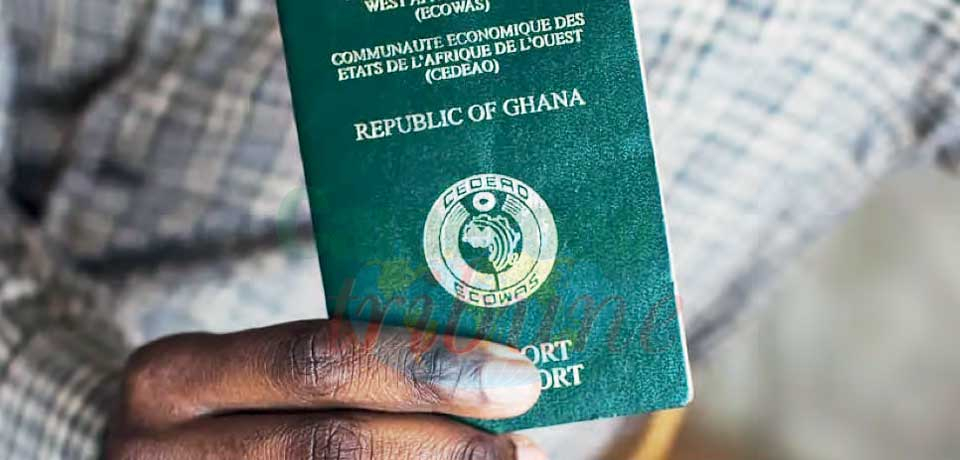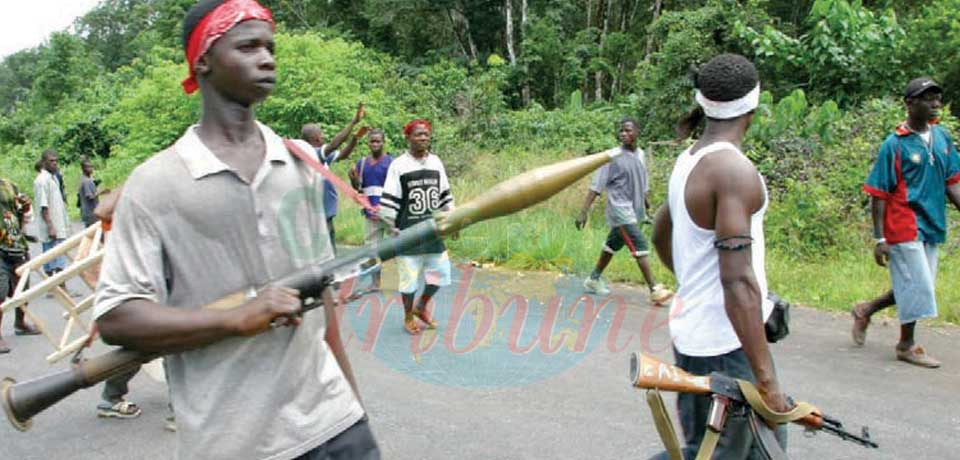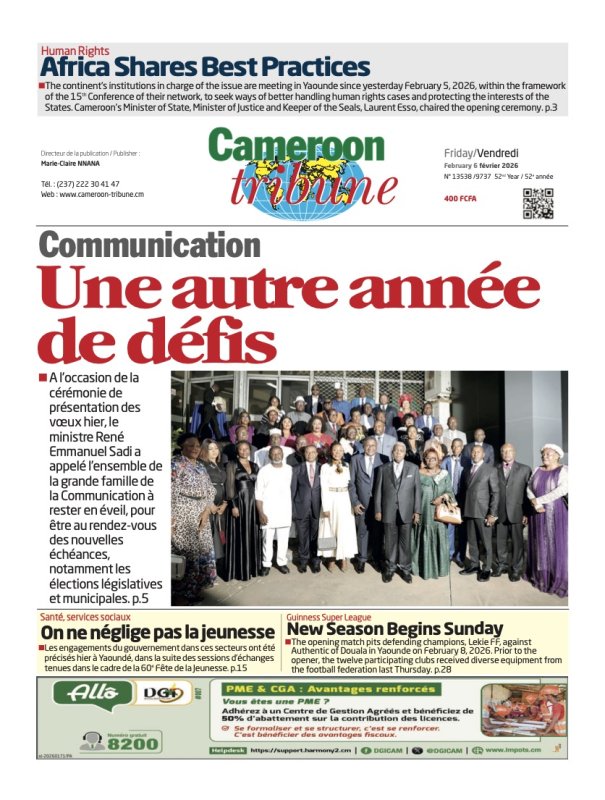“Boakai Should Not Forget The Promises He Made”
- Par Eldickson Agbortogo
- 24 Nov 2023 10:56
- 0 Likes

Tarh Ntantang,(PHD), Political Economist, CEO Ntantang Center For Research, Documentation, Language and Culture.
The people of Liberia have elected a new President establishing a new democratic era in the country. What is the significance of this change for Liberia and Africa?
Since the end of the civil war in Liberia, the country has been making a lot of positive strides towards the putting in place of viable democratic institutions. Among the many stride registered so far, the 2017-2018 transition stands out as the most remarkable. Though the results of the first round of the 2017 election was rejected by the ruling Unity Party with the current President elect, then vice president as its flagbearer, the runoff was held after more than two months of court battles. In the end the opposition won the presidential election. This was the first time a ruling party had lost election in Liberia in 70 years. The acceptance of the outcome by the sitting vice president paved the way for a very seamless presidential transition in January 2018. Furthermore, the public acceptance of the results by the defeated party was crucial in establishing the legitimacy of the incoming government and sustaining public confidence in the electoral process. The 2023 peaceful organization of the presidential election is not a surprise, but a continuity. The peaceful transition of power should therefore serve as an eye opener to limping democracies in the African continent. The Liberian example is a triumph of democracy in Africa with patriotic and statemanly attitude of outgoing President George Weah. Though he will be stepping down in January 2024, he remains more popular for conceding defeat than Joseph Boakai who won the election.
Huge economic, corruption and unemployment tasks await President-elect, Joseph Boakai. Will he be able to find solutions to these issues?
One of the reasons why incumbent President George Weah was not re-elected after serving one term was because of endemic corruption. His administration had weathered accusation of corruption. This made Liberia to fall 20 places on the corruption Index compiled by Transparency International, ranking 142nd last year out of 180 countries. Boakai will therefore need to tackle graft. Last year, Weah accepted the resignations of three close allies when the US Treasury imposed sanctions on them after they were implicated in cases involving dubious contracts and the diversion of public funds. For President Joseph Boakai, a former vice president who served under President Ellen Johnson for 12 year to stay at bay, he must adopt the governance methods prescribed by the IMF. The control of economic policies and regulatory framework in all government institutions. To solve the unemployment situation in the country, President elect Joseph Boakai should put in place an enabling environment for the growth of a viable private sector to absorb the unemployed youths in the country. He should also not forget the promises he made to his electorate. One of which is to put in place legal institutions to fight corruption and track down those with ill-gotten wealth to reimburse the stolen state funds. In June this year, the inflation quickened to 12.4%, the fastest pace in more than two years, before easing to 10% in September. The Liberian dollar has depreciated about 18% against the US currency this year. President Boakai needs to boost economic growth by improving the nation’s infrastructure and increasing farm output. Liberia is very rich in mineral resources. The President would need to review some of the licensing contracts so that more of what is gotten from the field benefits the po...
Cet article complet est réservé aux abonnés
Déjà abonné ? Identifiez-vous >
Accédez en illimité à Cameroon Tribune Digital à partir de 26250 FCFA
Je M'abonne1 minute suffit pour vous abonner à Cameroon Tribune Digital !
- Votre numéro spécial cameroon-tribune en version numérique
- Des encarts
- Des appels d'offres exclusives
- D'avant-première (accès 24h avant la publication)
- Des éditions consultables sur tous supports (smartphone, tablettes, PC)














Commentaires